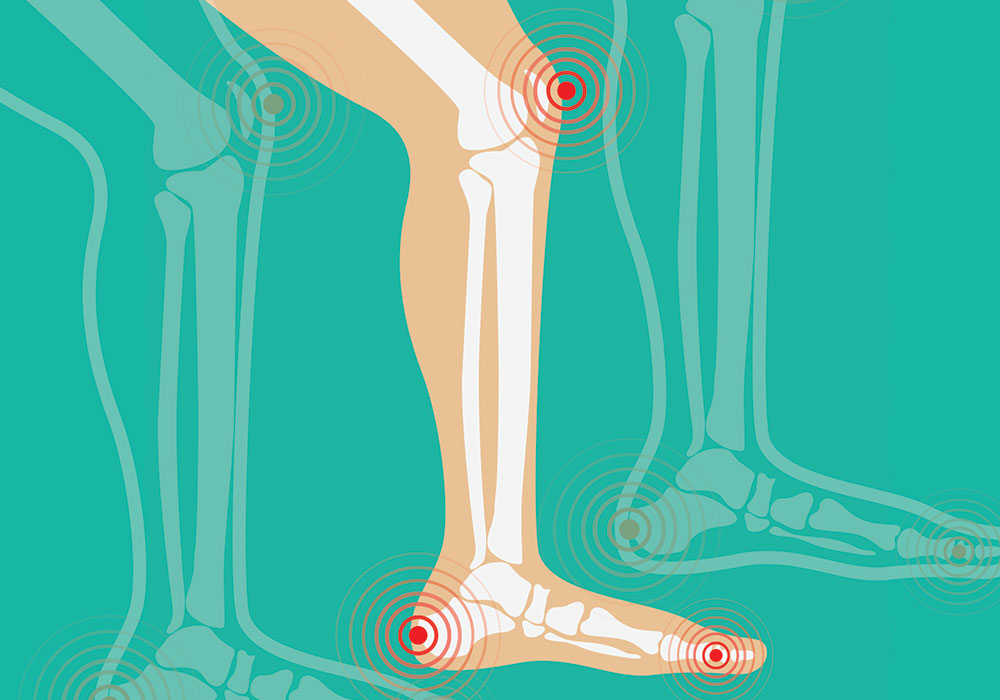The antidepression drug duloxetine, which is approved to treat depression, anxiety, fibromyalgia, and diabetes nerve pain, may also relieve treatment-induced joint pain in breast cancer survivors receiving aromatase inhibitor (AI) therapy, according to the results of a study presented at the San Antonio Breast Cancer Symposium.
AIs can reduce the risk of cancer recurrence in ER-positive breast cancer survivors when taken for 5–10 years, but many patients stop treatment early because of side effects like joint pain. Researchers studied 299 women who were experiencing joint pain from AIs and randomly assigned them to receive 12 weeks of duloxetine or a placebo.
The women completed questionnaires at baseline and at 2, 6, 12, and 24 weeks to rate their symptoms on a 0–10 scale. After 12 weeks, the women’s pain scores fell an average of 0.82 points more in the treatment group compared to the placebo group. However, both groups had clinically significant reductions in pain scores.
The researchers were not surprised by the strong placebo effect, because other studies have had similar findings. They called for additional research on responsiveness to placebo.
Duloxetine’s common side effects are nausea, fatigue, and dry mouth.






